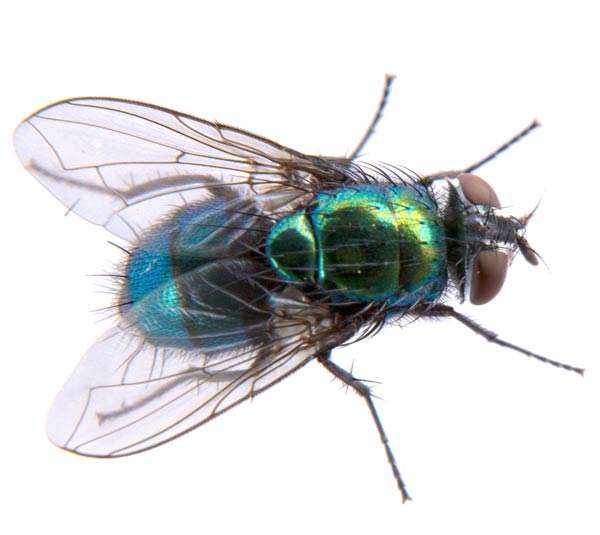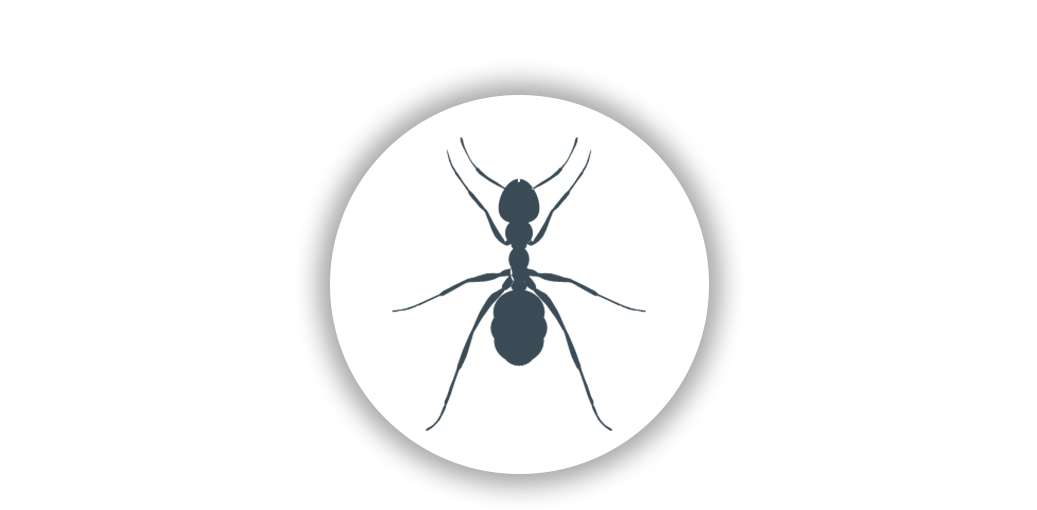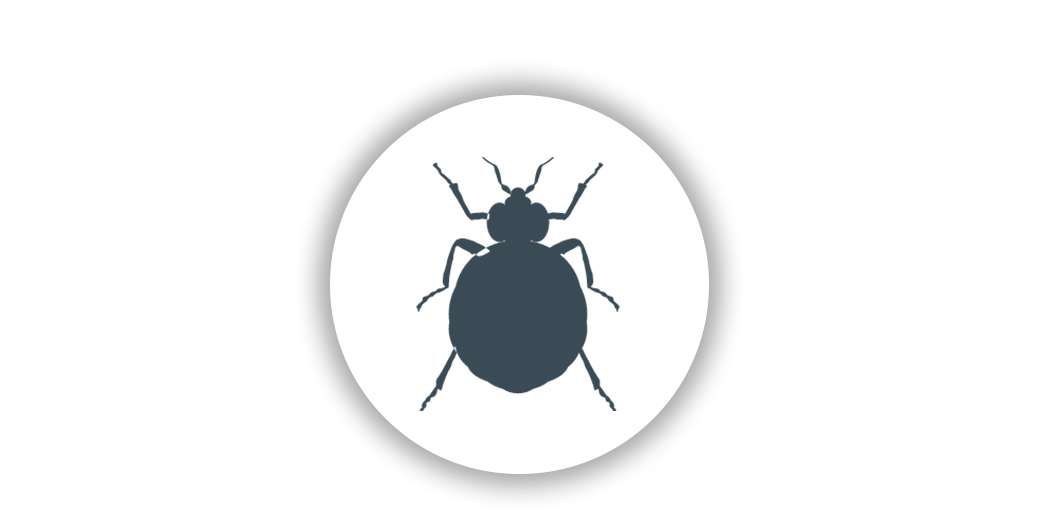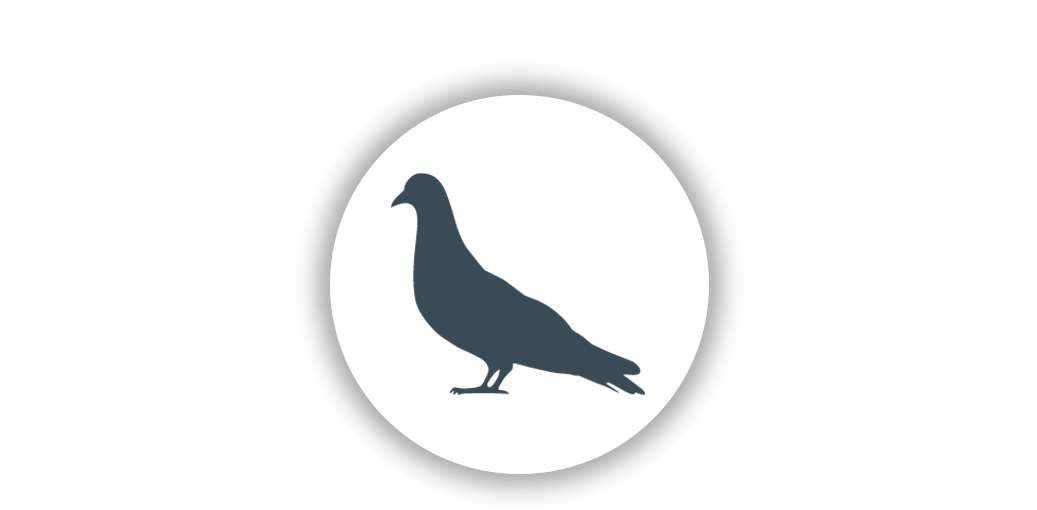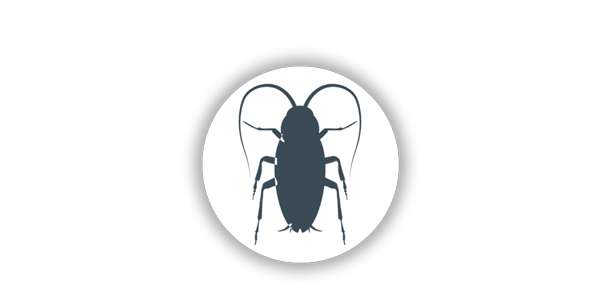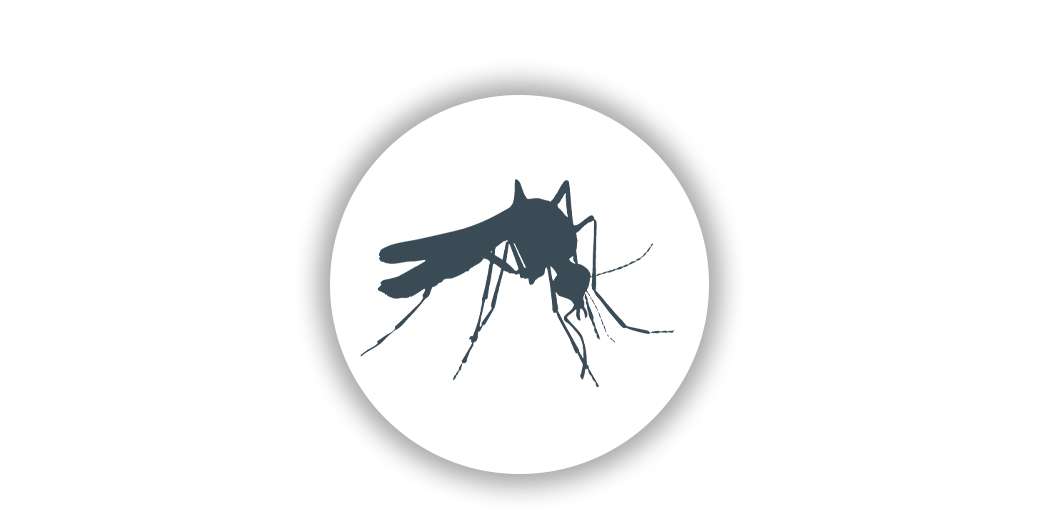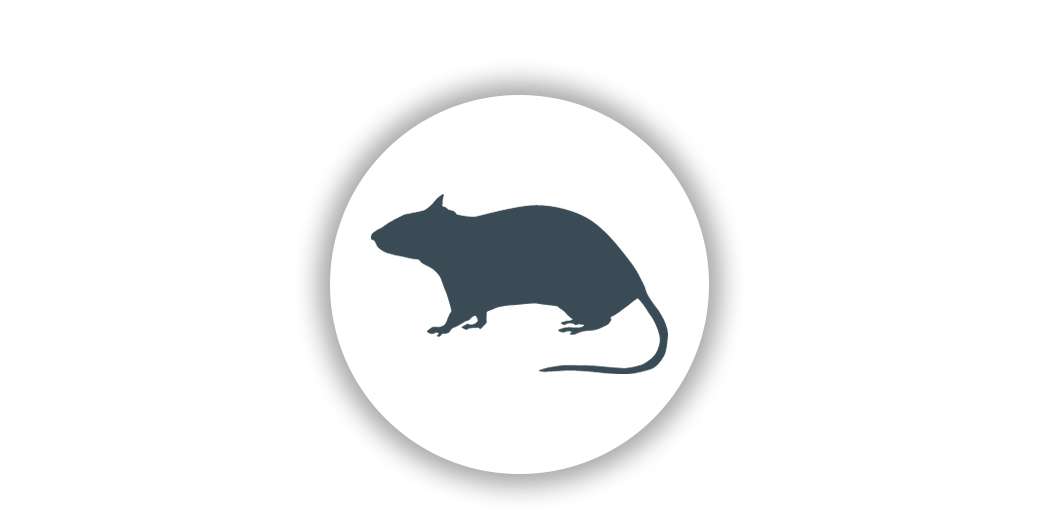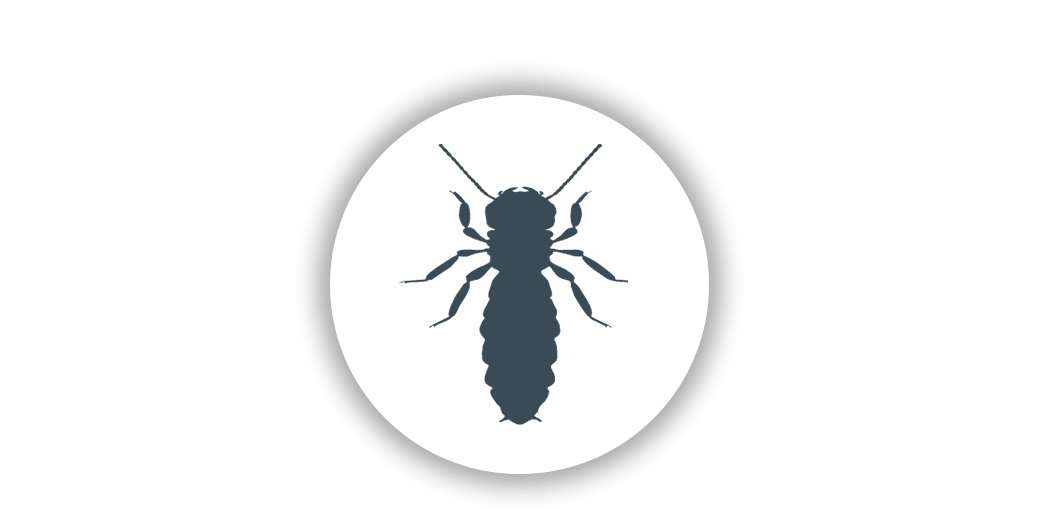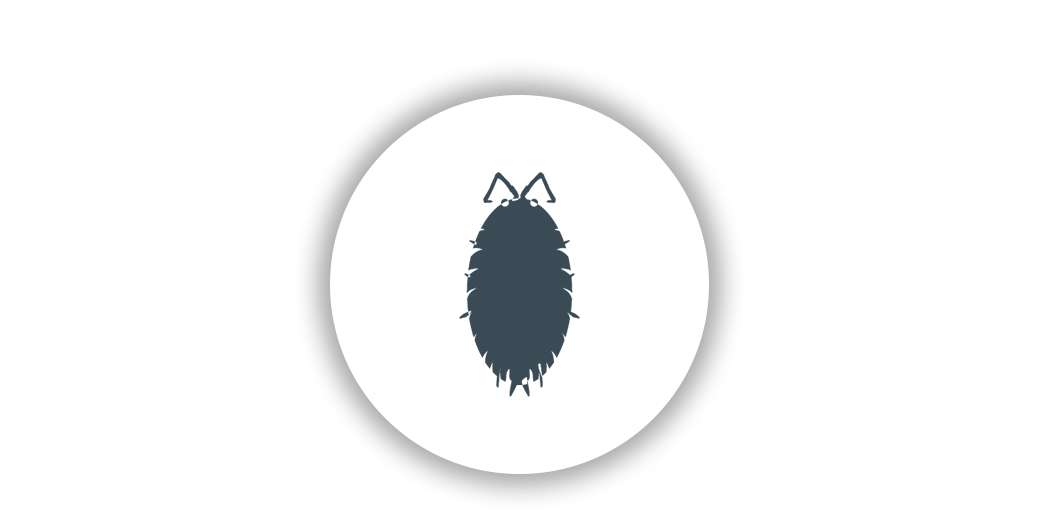
Control of
Flies & Flying Insects
I need help with
You can unsubscribe from communications at any time. View our privacy policy to see our commitment to protect and respect your privacy and how to manage your preferences.
Flies in your kitchen? They came along with more than 65 diseases!
The presence of flies and other flying insects within any area gives the perception of the area as unhygienic for obvious reasons. Beyond this negative image, flies feed on human and animal waste and garbage making them responsible for transmitting serious diseases such as conjunctivitis, gastroenteritis and salmonellosis.
As they pose a serious health risk, professional control of flies in businesses of the Hospitality sector or in industries such as fish factories, slaughterhouses and food production at large, is vital to protect people’s health.

Signs of Flies Infestation:
Look Up For These!

Live insects

Maggots

Young flies
Fascinating Fact about Flies
How to Prevent a Fly Infestation?
The first course of action to prevent a fly infestation is to cut any available food sources, and get rid of them by:
Cover and clean
Deny flies access
In the garden
Drains

Did you know?
Common house flies are attracted to decaying organic waste such as faeces and rotting meat, whereas fruit flies will look for sugary substances and feed more commonly on overripe fruit, spilled soft drinks and alcohol.
DIY Methods & The Time To Seek For Professional Fly Control
On top of the traditional sticky paper used to catch and trap flies, vinegar mixed to a few drops of dish soap in a glass may help. Cover the glass with a plastic wrap and a rubber band before poking small holes on the top. Flies will be attracted and fly through the holes, before sinking into the mixture.
While this DIY method can deal with a small fly problem, if you are facing a persistent fly issue in your premises, it’s the time to call us. We’ll deal with your larger or multiple fly infestations.
